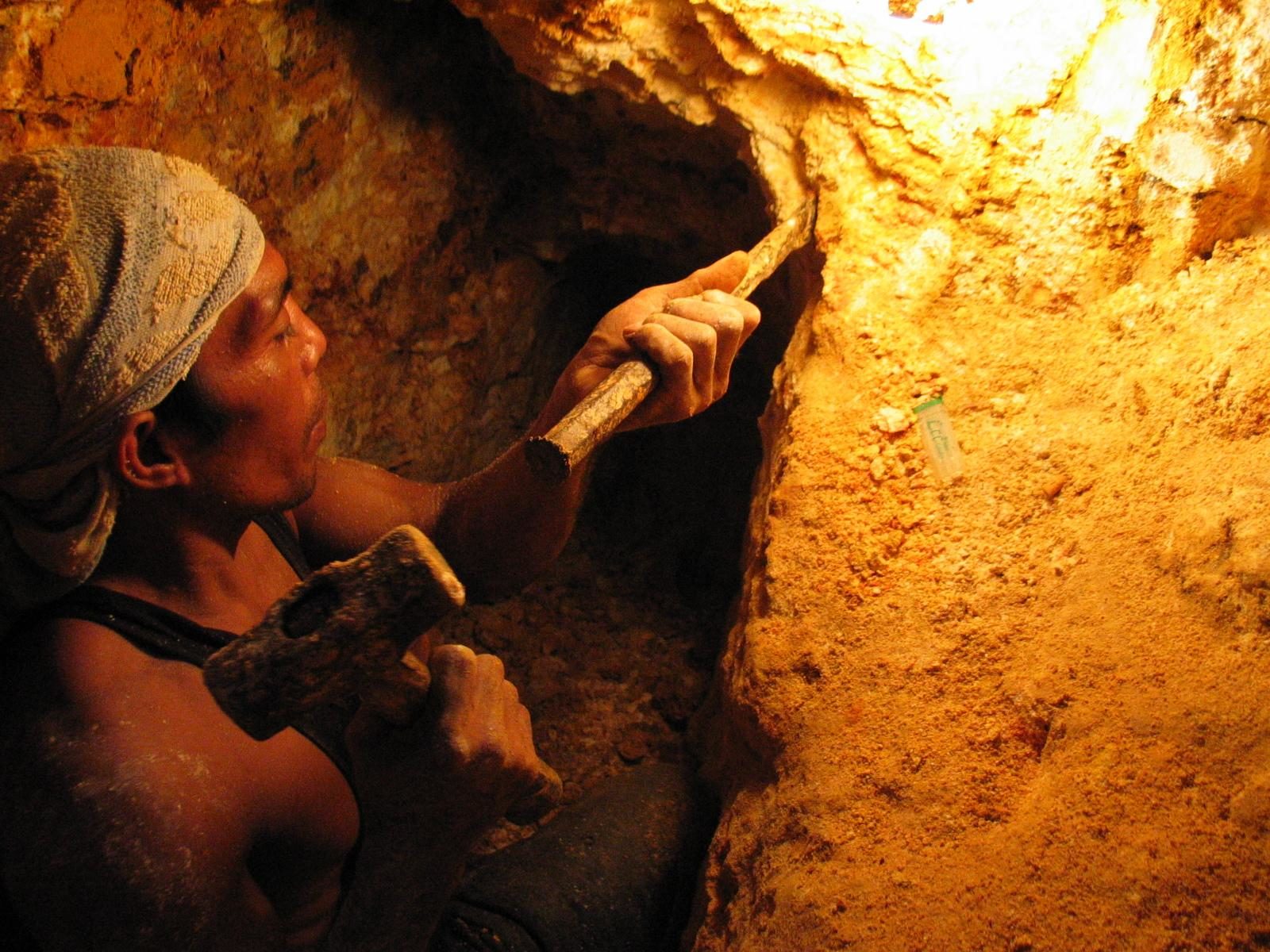
The mineral resources of many developing countries have been viewed as a potential capital that can finance initiatives for sustainable development. However, in the Philippines, mining has never been an agent of development. Instead the decades-long operations of large-scale mining companies in the country have not made any noticeable dent on the fiscal health of the country.
In fact, the overall contribution of mining to the economy is less than one percent of the Philippines’ GDP. This is an insignificant contribution at the national level, but one would assume that mining would have at least helped alleviate poverty in mining areas. But the figures show that this is not the case either. The Philippines’ experience demonstrates that poverty alleviation and development cannot be left in the hands of mining companies alone.
The extractive industries are not just money generators. Mineral extraction scars the landscape. It has negative effects on the social fabric of the host communities. It can significantly impact basic human rights. Transforming mining proceeds into sustainable development therefore requires the involvement of all key stakeholders.
For the past decade, we have worked towards increasing transparency and accountability of financial flows between government and extractive companies through the Extractive Industries Transparency Initiative (EITI). The disclosure of key information regarding the extractive industries in a country is essential in building an informed citizenry. When the local communities know what the payments of companies to their government are, they are in a better position to ensure that the extraction of mineral resources contributes to sustainable development, in particular at local level. In the Philippines, the EITI provided us with a strong foundation to become informed citizens and enabled us to engage the state and the private sector in the management of our natural resources.
But more is needed; to move forward, the EITI implementation at the national level should be complemented by a similar multi-stakeholder approach at the subnational level so that communities directly affected by mining operations can make informed decisions on the role of extractive activities and how it will affect their lives and livelihoods.
A subnational approach should also go beyond the financial disclosures required at the national level. It should provide a space to address issues created by the extractive industry at the local level, including the impact of the extractive industry on the environment, human rights, and the local economy. It should be an opportunity to discuss the compliance of companies with environmental and governance standards. The subnational initiative can provide companies the opportunities to report their efforts to mitigate the negative environmental and social impacts of their activities, account for and address their shortcomings on this front. It can also be a way for companies to report their efforts to address human rights issues. Subnational initiatives can help manage conflicts and reduce the cost of extraction to communities, government and companies.
Companies can take advantage of the inputs of a subnational multi-stakeholder group on the social spending and corporate social responsibility programs of companies. Most of the time, companies’ social expenditure and “corporate social responsibility” (CSR) are geared towards improving their political and social acceptability. However, these programs are seldom linked to the local economic development plans of subnational governments. Linking social spending and CSR to local economic development plans ensure the sustainability of the activities initiated by the companies even after the end of the extraction activity. It also ensures that the programs contribute to the local development of the community. The mechanism can also ensure equity in the access of benefits from mining companies’ social spending. This is particularly relevant in countries where companies are required to allocate specific amounts for social spending.
As we reach the deadline for the Millennium Development Goals (MDGs) and begin to focus on Sustainable Development Goals (SDGs), we have to build on what we have achieved in the governance of the extractive industry. Transparency and accountability of payments of companies to governments is a good start. Ensuring that extraction activities have minimal negative social impacts, contribute to poverty alleviation and sustainable development are the next phases of mining for development. And this will be possible through effective governance and genuine involvement of the communities.